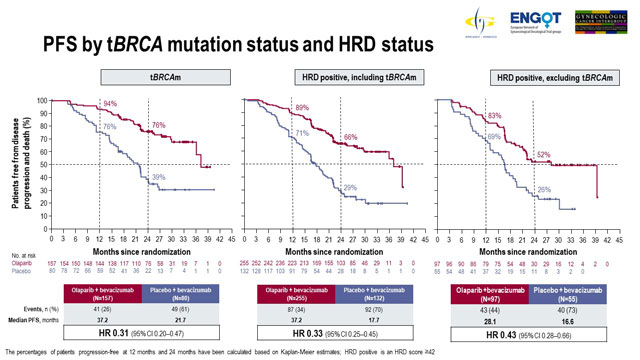

In addition, the most common adverse reactions (≥10%) for patients receiving LYNPARZA/bevacizumab irrespective of the frequency compared with the placebo/bevacizumab arm were: diarrhea (18%), neutropenia (18%), urinary tract infection (15%) and headache (14%). Most common adverse reactions (Grades 1-4) in ≥10% of patients treated with LYNPARZA/bevacizumab compared to a ≥5% frequency for placebo/bevacizumab in the first-line maintenance setting for PAOLA-1 were: nausea (53%), fatigue (including asthenia) (53%), anemia (41%), lymphopenia (24%), vomiting (22%) and leukopenia (18%). Most common laboratory abnormalities (Grades 1-4) in ≥25% of patients in clinical trials of LYNPARZA in the first-line maintenance setting for SOLO-1 were: decrease in hemoglobin (87%), increase in mean corpuscular volume (87%), decrease in leukocytes (70%), decrease in lymphocytes (67%), decrease in absolute neutrophil count (51%), decrease in platelets (35%), and increase in serum creatinine (34%).ĪDVERSE REACTIONS-First-Line Maintenance Advanced Ovarian Cancer in Combination with Bevacizumab Most common adverse reactions (Grades 1-4) in ≥10% of patients in clinical trials of LYNPARZA in the first-line maintenance setting for SOLO-1 were: nausea (77%), fatigue (67%), abdominal pain (45%), vomiting (40%), anemia (38%), diarrhea (37%), constipation (28%), upper respiratory tract infection/influenza/nasopharyngitis/bronchitis (28%), dysgeusia (26%), decreased appetite (20%), dizziness (20%), neutropenia (17%), dyspepsia (17%), dyspnea (15%), leukopenia (13%), UTI (13%), thrombocytopenia (11%), and stomatitis (11%). A pregnancy test is recommended for females of reproductive potential prior to initiating treatment.įemales Advise females of reproductive potential of the potential risk to a fetus and to use effective contraception during treatment and for 6 months following the last dose.ĪDVERSE REACTIONS -First-Line Maintenance BRCAm Advanced Ovarian Cancer Discontinue LYNPARZA if pneumonitis is confirmed and treat patient appropriately.Įmbryo-Fetal Toxicity: Based on its mechanism of action and findings in animals, LYNPARZA can cause fetal harm. If patients present with new or worsening respiratory symptoms such as dyspnea, cough, and fever, or a radiological abnormality occurs, interrupt LYNPARZA treatment and initiate prompt investigation.

Pneumonitis: Occurred in <1% of patients exposed to LYNPARZA, and some cases were fatal. Discontinue LYNPARZA if MDS/AML is confirmed. If the levels have not recovered to Grade 1 or less after 4 weeks, refer the patient to a hematologist for further investigations, including bone marrow analysis and blood sample for cytogenetics. For prolonged hematological toxicities, interrupt LYNPARZA and monitor blood count weekly until recovery. Monitor complete blood count for cytopenia at baseline and monthly thereafter for clinically significant changes during treatment. Do not start LYNPARZA until patients have recovered from hematological toxicity caused by previous chemotherapy (≤Grade 1).


 0 kommentar(er)
0 kommentar(er)
